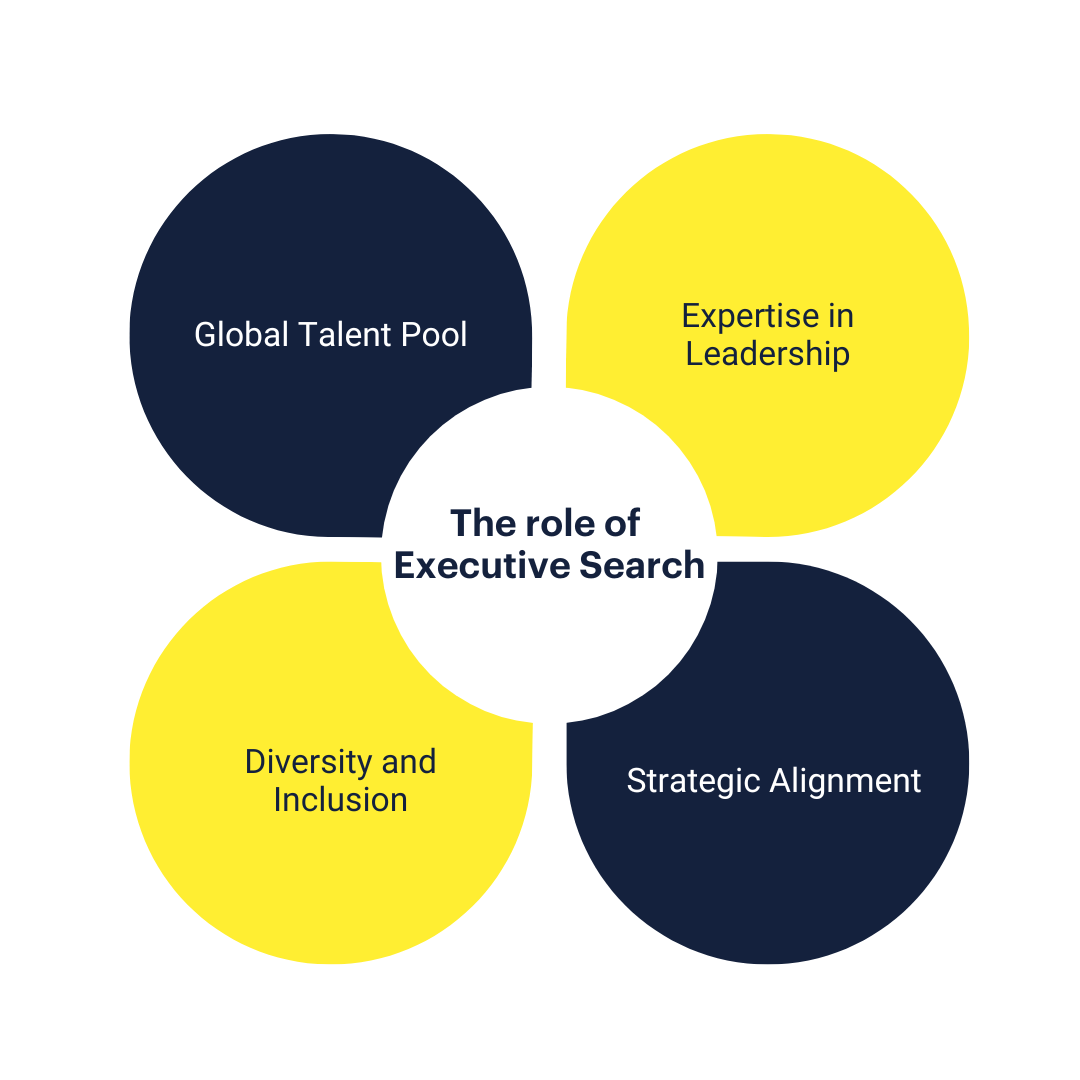The energy and infrastructure sectors of Portugal are changing, fueled by new investments on sustainable projects and renewable energy vision targets. To thrive in establishing greater energy self-sufficiency while offering infrastructure innovations in leadership is key. In this paper we will talk about the current landscape of the sector as well as the opportunities and challenges.
Current Landscape of Portugal’s Infrastructure and Energy Sectors
Portugal has emerged as a leader in renewable energy within Europe. In 2024, the country achieved a milestone by sourcing 71% of its electricity from renewable sources, significantly reducing its carbon emissions to levels not seen since 1990.
This progress is the result of consistent policies and renewable energy auctions initiated in 2005, leading to the closure of coal-fired power plants in 2021.
The source of the country’s energy is varied, consisting of a mix of hydroelectricity, wind power, and solar. Regarding Portugal, by the year 2023, capacities of 8.8 GW hydroelectric has been installed, 13.3 GW onshore wind, and 3.1 GW of solar power, which in total adds up to 87% of the installed capacity of the country.
Challenges in Executive Search for Infrastructure and Energy
- Technological Advancements and Integration: To meet the swift deployment of digital smart grids, storage systems, and related utilities, there is an escalating requirement for leaders who comprehend how to make use of emerging technologies as well as monitor their integration into the system.
- Regulatory Compliance and Policy Navigation: Navigating complex regulatory frameworks and aligning with national and European Union policies on sustainability requires executives with a deep understanding of legal landscapes and policy implications.
- Sustainability and Environmental Stewardship: As Portugal aims for carbon neutrality by 2045, leaders must prioritize sustainable practices, balancing economic growth with environmental responsibilities.
- Investment and Financial Management: Securing funding for large-scale infrastructure projects and managing financial risks demand executives with strong financial acumen and experience in large capital projects.
- Stakeholder Engagement and Community Relations: Having a consensus among different groups of people such as government authorities, business investors, and community members requires leaders who are good at communicating and negotiating.
Opportunities for Executive Search Firms
Executive search firms can address these challenges by:
- Leveraging Specialized Networks: Tapping into global and local networks to identify candidates with the requisite technical expertise and leadership capabilities.
- Conducting Comprehensive Assessments: Evaluating candidates’ strategic vision, adaptability, and alignment with organizational goals to ensure a strong fit.
- Promoting Diversity and Inclusion: Advocating for leadership that reflects diverse perspectives, fostering innovation and inclusive growth.
- Providing Market Insights: Offering clients valuable information on industry trends, compensation benchmarks, and leadership strategies to inform decision-making.

Statistical Insights
- In 2024, Portugal reduced its reliance on fossil fuels to just 10% of total electricity generation, positioning it as a leader in clean energy in Western Europe.
- The country plans to achieve 85% of its electricity mix from renewable energy sources by 2030, necessitating substantial investments in onshore and offshore wind and the integration of green hydrogen.
Portugal’s commitment to renewable energy and infrastructure modernization presents both challenges and opportunities. The rapid pace of technological advancement and the complexity of regulatory environments underscore the need for visionary leaders who can navigate these dynamics effectively. Executive search firms are instrumental in identifying such leaders, ensuring that organizations are equipped to drive sustainable growth and innovation in this transformative era.









